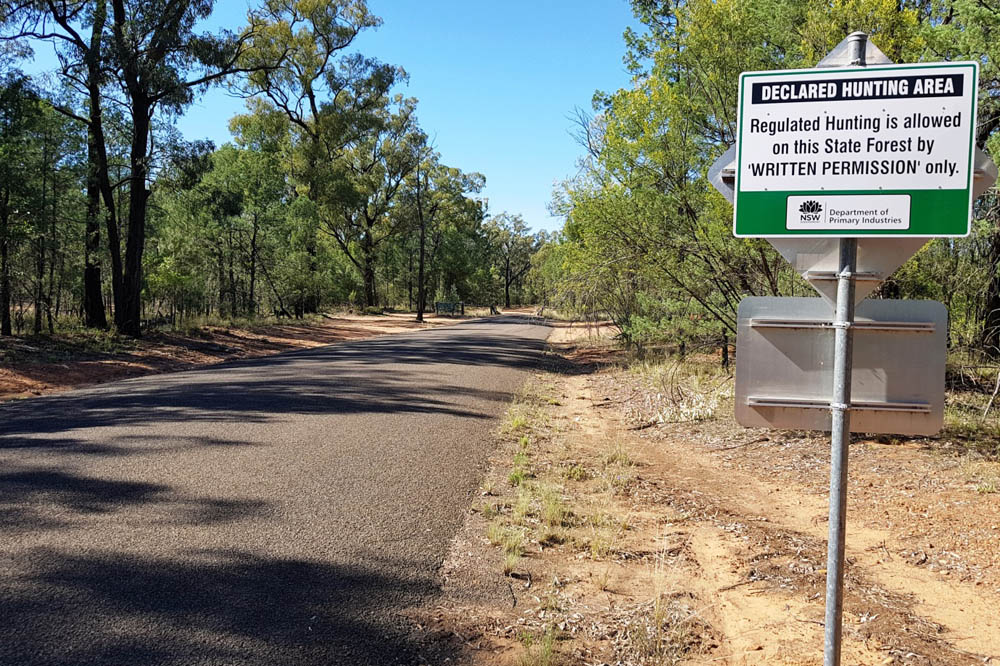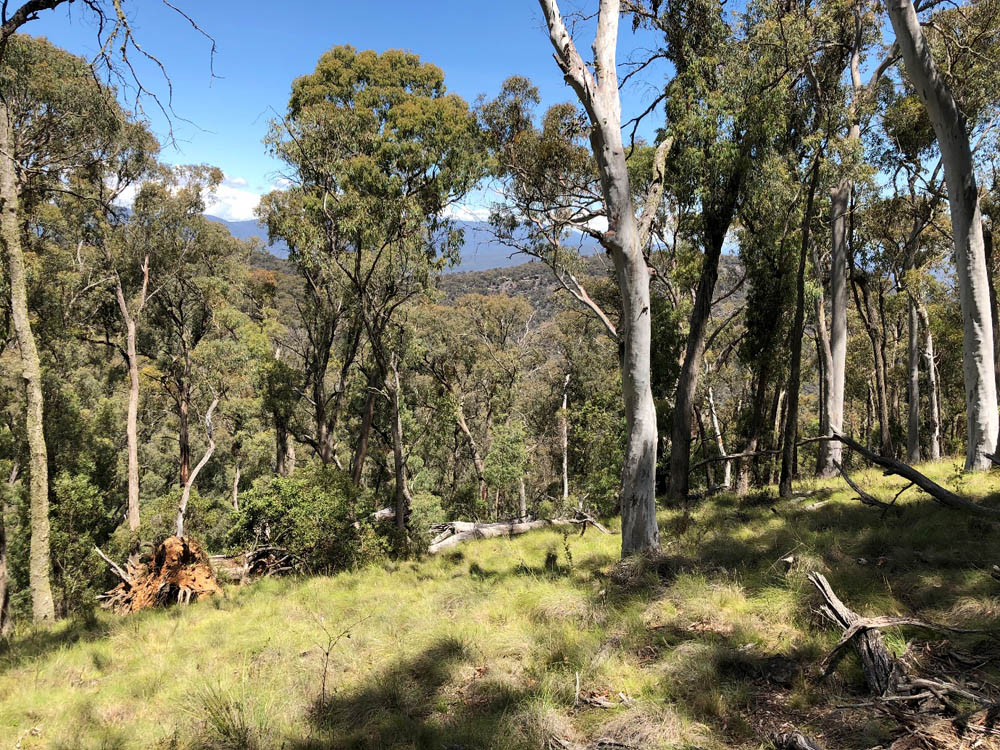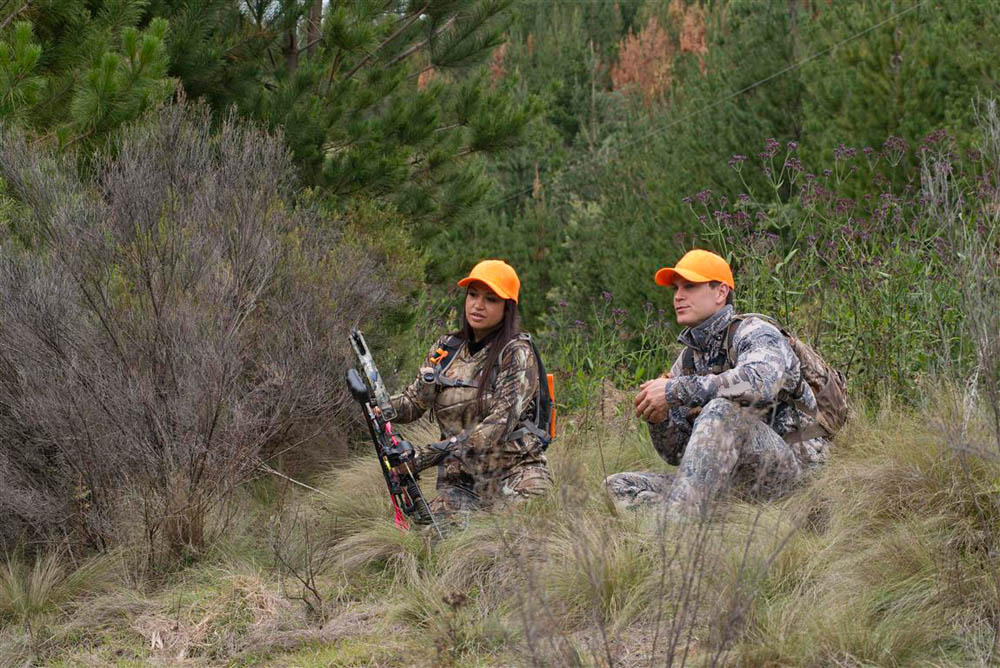The Department of Primary Industries and Regional Development (DPIRD) manages hunter licensing, education and compliance, and administers important hunting programs including hunting on public land and the native game bird management program. Game and feral animal hunting in NSW is subject to regulations to ensure the safety of surrounding communities. Conditions that apply to legal hunting in NSW are set out in the Game and Feral Animal Control Act 2002 and the Game and Feral Animal Control Regulation 2022.
Various educational programs are run by DPIRD to support responsible hunting and compliance by recreational hunters on both public and private lands such as the Hunter Learning, Education and Accreditation Program (LEAP), the NSW firearms safety initiative GunSmart and the Hunter Learning, Education and Accreditation Program (LEAP), and responsible pig dogger, and ethical bowhunter programs. Additionally, DPIRD manages the Shut the gate on illegal hunting program, in partnership with the NSW Police Force, part of a larger campaign to reduce rural crime in NSW.





